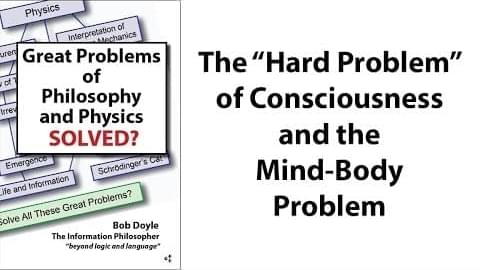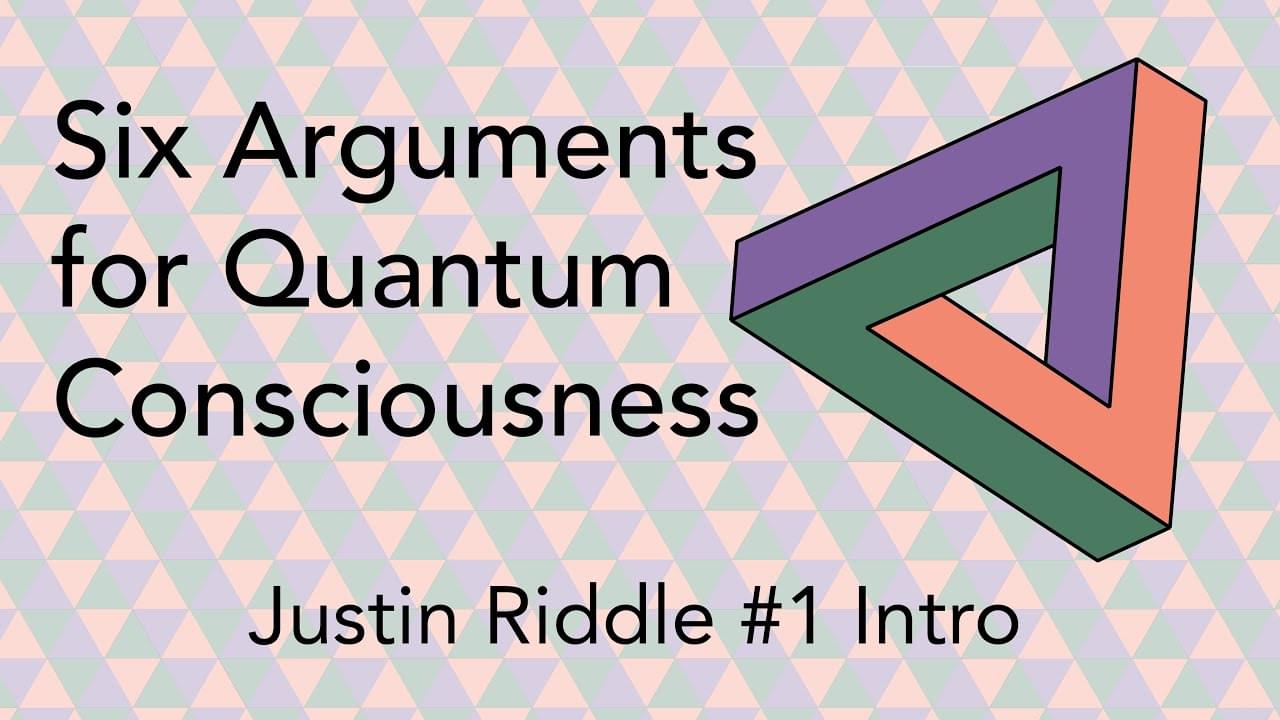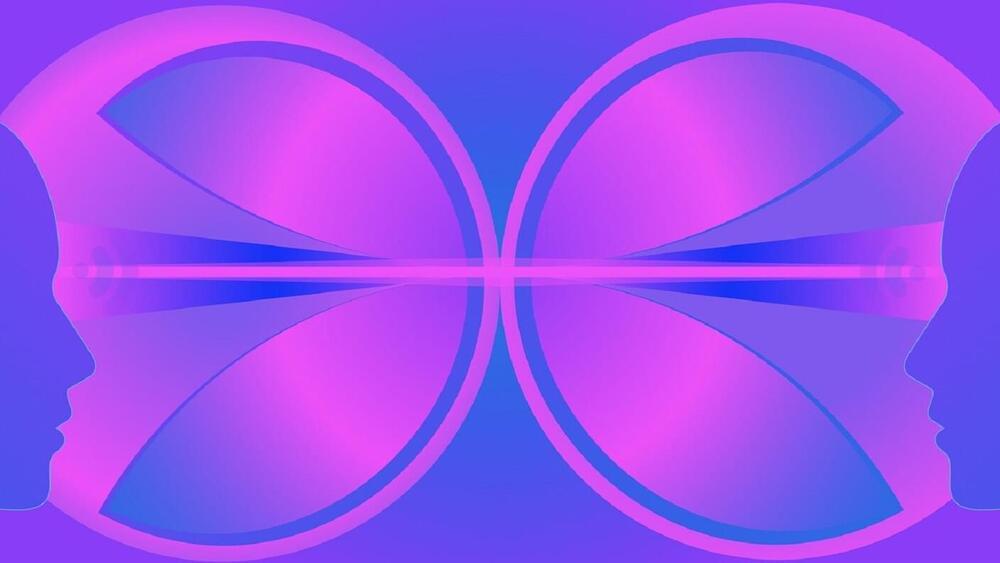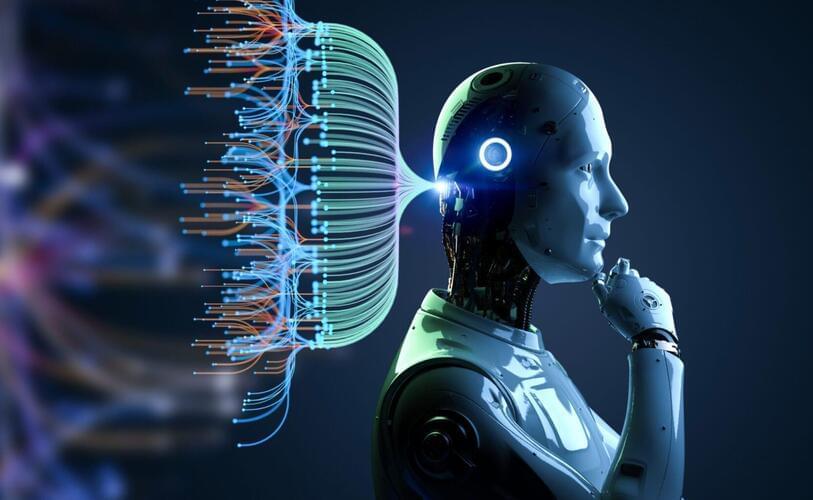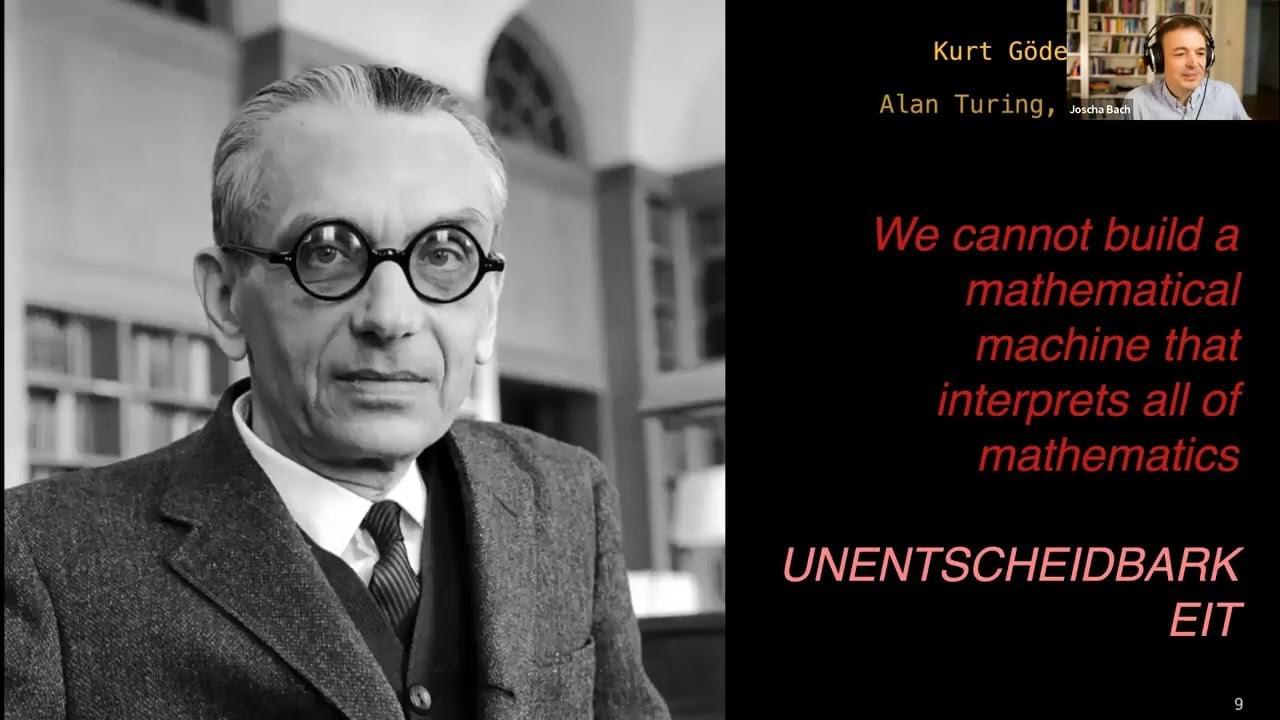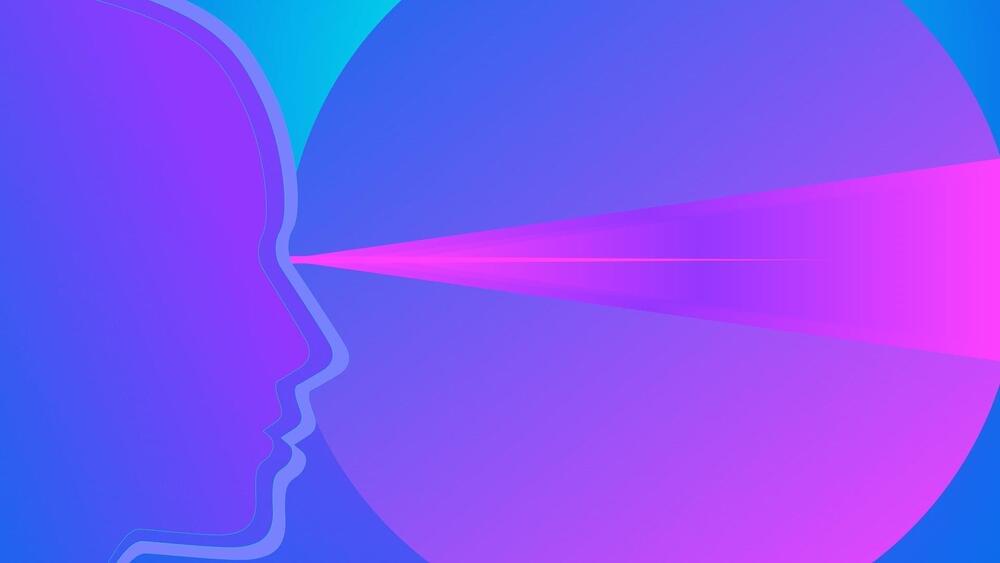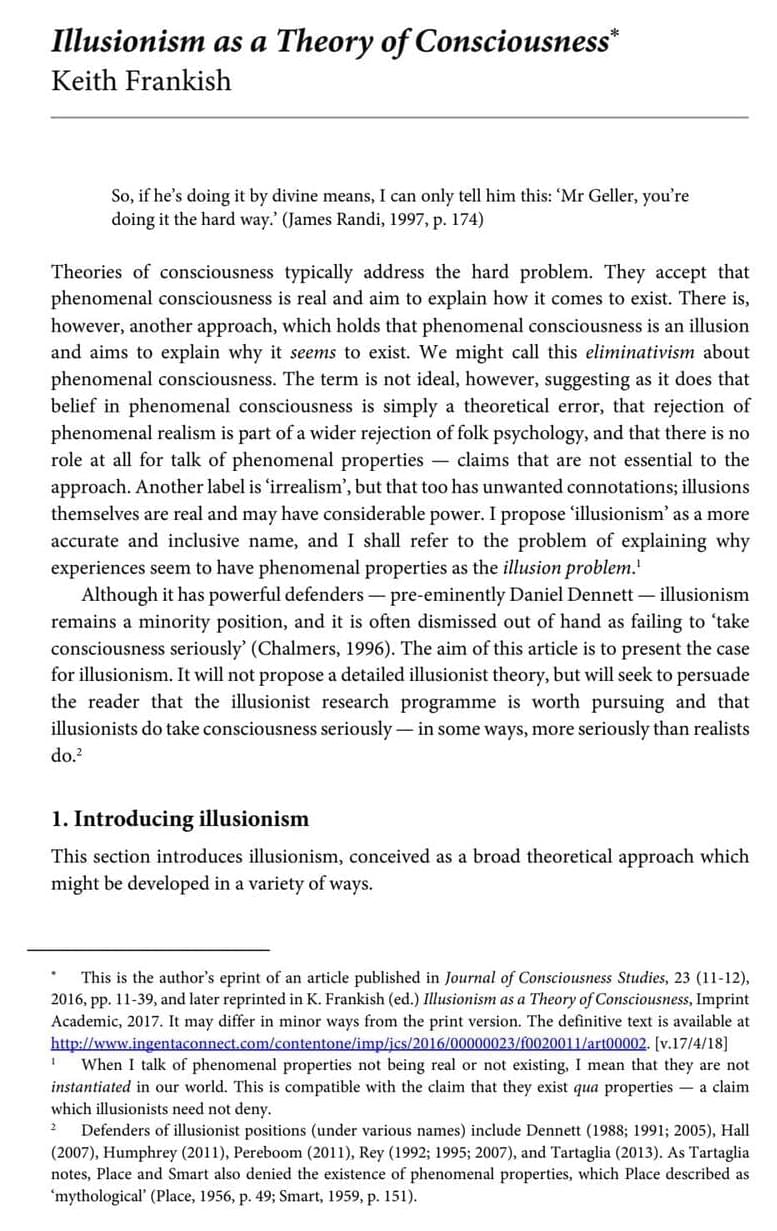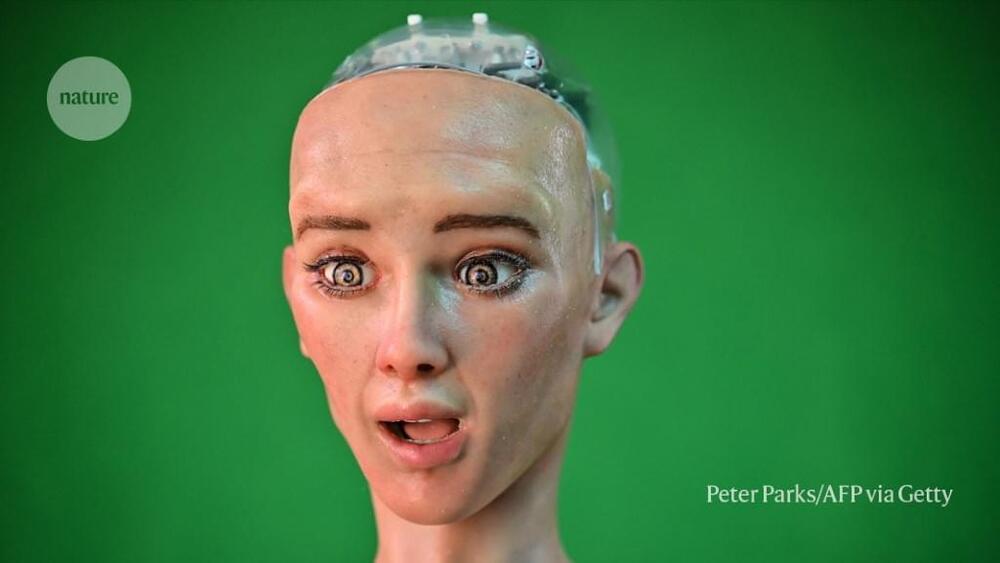
Could artificial intelligence (AI) systems become conscious? A trio of consciousness scientists says that, at the moment, no one knows — and they are expressing concern about the lack of inquiry into the question.
In comments to the United Nations, three leaders of the Association for Mathematical Consciousness Science (AMCS) call for more funding to support research on consciousness and AI. They say that scientific investigations of the boundaries between conscious and unconscious systems are urgently needed, and they cite ethical, legal and safety issues that make it crucial to understand AI consciousness. For example, if AI develops consciousness, should people be allowed to simply switch it off after use?
Such concerns have been mostly absent from recent discussions about AI safety, such as the high-profile AI Safety Summit in the United Kingdom, says AMCS board member Jonathan Mason, a mathematician based in Oxford, UK and one of the authors of the comments. Nor did US President Joe Biden’s executive order seeking responsible development of AI technology address issues raised by conscious AI systems, Mason notes.
